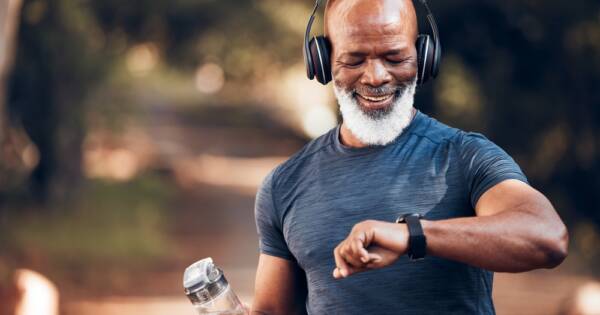
Water bicycles are also called hydro-riders or aqua bikes. They are bolted to the floor of a shallow pool and allow a rider to be submerged up to their shoulders. The study had the same resistance and energy output for each exercise.
The results were that the water exercises were easier for a human body to complete. The researchers found that the participants heart rates and oxygen consumption were significantly lower. Their bodies were more able to efficiently complete the exercise. This could be caused from the buoyancy of the human body in water. It creates a low impact workout while still working out the muscles.
Water exercises allow for the cardiovascular system to work efficiently. For this reason, aqua bikes are a great choice for obese and/or the elderly. It would allow the person to receive the full benefit of the exercise while sparing their joints and cardiovascular system.
This study looked at healthy and fit participants. The next step is to test on unhealthy participants, such as the obese or elderly. This way the results would give an accurate recommendation to those looking at the benefits of water exercises.
Source: CNN



